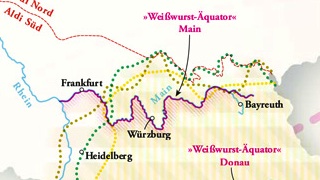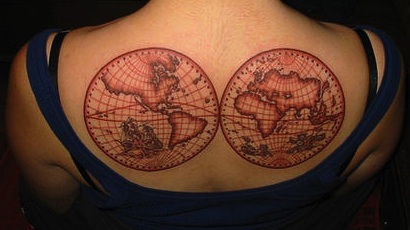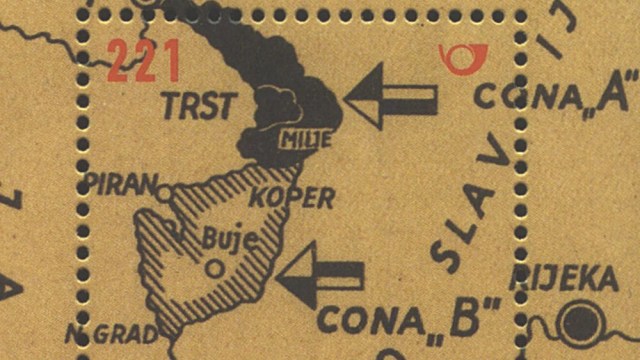86 – A Map of Germany’s Euroregions
n
It seems impossible to find an online map showing all of the European Union’s so-called Euroregions. Why doesn’t the EU showcase these transnational regions, conceived to promote economic development and cultural understanding among neighbours that too often in the past have been strangers or enemies? Maybe because the concept is too utopian, or the results are just too plain boring?
n
nA ‘Euroregion’ should not be confused with a ‘European region’. A Euroregion (sometimes also called ‘Euregion’ or even ‘Europaregion’) is a structure for cooperation between at least two different European countries, mainly but not exclusively EU member states – but in any case international. A European region is the official description of the governmental level immediately below that of national sovereignty and therefore necessarily intranational – e.g. the Bundesländer that make up the Federal Republic of Germany.
nn
Many if not most EU citizens reside in a Euroregion, yet they probably would be hard-pressed to name theirs. One main reason for this is that Euroregions tend to bind together areas that are historically, culturally and economically distinct and don’t share much more than a border. This might a deliberate attempt to create a new European structure other than that of the old nation-states, which proved so destructive over the course of two World Wars.
nConversely, great pains seem to have been taken to avoid setting up transnational regions that might re-awaken lingering conflicts or re-ignite irredentist claims. For example, there is no ‘Basque Euroregion’. In fact, the only Spanish-French Euroregion includes just about every border region except the Basque areas of both countries.
n
n
This deliberate artificiality is reminiscent of the way the French Revolution did away with the established regions of France in an attempt to create a unitary, centralised state: by breaking the handful of ancient provinces up into almost a hundred small départements which stressed geographic features rather than historical references.
n
n
So Euroregions shouldn’t be considered ‘statelets in waiting’. They have no exclusive legislative, judicial or executive powers. At most, they share a permanent secretariat and a small staff, pooling the local and regional powers they were given in each constituent region’s national context for the common good.
n
n
Which could be something like cross-border police coordination and cooperation. Doubtlessly very useful, but also quite mundane – rendering Euroregions invisible to all but those directly involved in their workings. This is a nice map I found showing all the Euroregions Germany shares with its many neighbours… And at the same time demonstrating the peculiar EU penchant for naming stuff in a way reminiscent of maladroit Soviet acronyms. Anyone able to offer up some more information on the history or function of these specific Euroregions or able to provide a map of all the Euroregions inthe EU, please do!
n
n
Clockwise, from the top (with abbreviations for the other than German participating countries between brackets):
n
n
Region Schleswig-Sonderjylland (DK)
nFyns Amt-K.E.R.N. (DK)
nStorstroms Amt-Ostholstein/Lübeckb (DK)
nPomerania (SE, PL)
nProeurop Aviadrina (PL)
nSpree-Neisse Bober (PL)
nNeisse (PL, CZ)
nElbe-Labe (CZ)
nErzgebirge/Krasnokori (CZ)
nEgrensis (CZ)
nBayerischer Wald/Böhmischer Wald/Unterer Inn (CZ, A)
nInn-Salzach (A)
nSalzburg- Berchtesgadener Land –Traunstein (A)
nInntal (A)
nZugspitze/Wetterstein-Karwendel (A)
nVia Salina (A)
nBodensee (A, CH, LI)
nTrirhena (CH, F)
nCentre (F)
nPamina (F)
nSaar-Moselle-Avenir (F)
nSaar Lor Lux Rhein (F, L, B)
nMaas-Rhein (B, NL)
nRhein-Maas-Nord (NL)
nRhein-Waal (NL)
nEuregio (NL)
nEms-Dollart (NL)n
Die Watteninseln (NL)
n
nn





